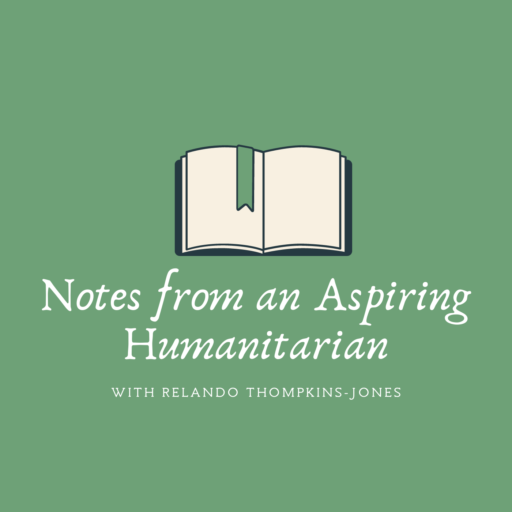In this video, Novelist Chimamanda Adichie shares personal experiences about the critical misunderstandings and missed opportunities that can be created by holding a “single story” about a person or group of people.
From Aspiring Humanitarian, Relando Thompkins, MSW
—————————————————————————————————————————
(N.A.H.) is advertisement-free and reader supported. If you enjoy my notes, consider supporting (N.A.H.) with a one-time donation or by becoming a monthly patron.
—————————————————————————————————————————
Discover more from Notes from an Aspiring Humanitarian
Subscribe to get the latest posts sent to your email.















5 Responses
[…] that remained consistent throughout the semester was the notion that through our socialization, we learn limited, single stories about people and groups who we believe to be different from us, and how power and privilege greatly […]
[…] As someone with marginalized identities who has traditionally been viewed as outside of the dominantly defined scope of what is thought to be considered “professional”, I have longed to be in a position to really critically unpack this notion; including acknowledging the power dynamics involved in who gets to define what that means. […]
[…] Eurocentric framework. This literal erasure of the contributions of people of color only serves to reinforce dangerous messages that place a lack of value on people of color and assert white […]
[…] The Danger of A Single Story, Chimamanda Ngozi Adichie talks a lot about power; the power to shape the narratives of what is […]
[…] thinking of dominant narratives, it’s important to consider how power plays a role in what narratives are amplified, vs. those that are silenced, how it contributes to what is widely […]